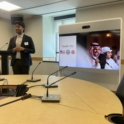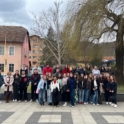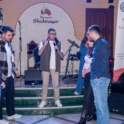Abdulaziz reflects on the highlights from serving as a mentor for CEW.
STORIES
TZ Alumni Make New Learning Materials for Nursery School
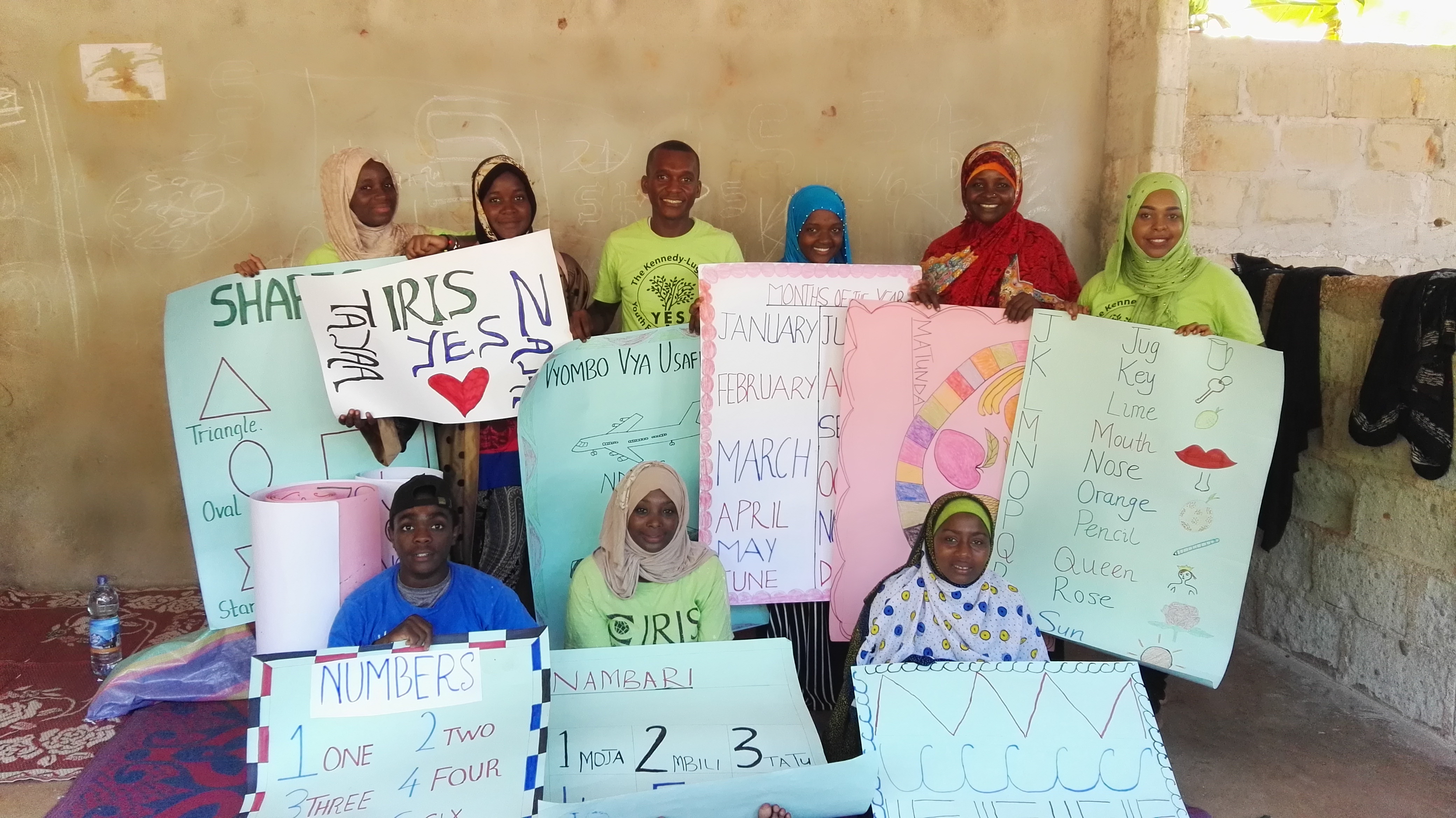
Nearly 50 years ago, the United States Agency for International Development (USAID) began a programmed called Interactive Radio Instruction (IRI). IRI was initiated to increase the interaction among students and teachers in the classroom, as well as to provide adequate education at a low cost to selected communities. Nursery schools that were selected to participate in the IRI program were given radios that broadcasted distant education programs with different questions and exercises.
The program started in Nicaragua and showed tremendous success in enhancing the learning experience of both the students and teachers. When introduced to the people of Zanzibar in 2006, the Education Development Center (EDC) found the same positive, cost-effective results. However, soon after implementing IRI, funds became sparse. By 2011, funding from USAID stopped all together.
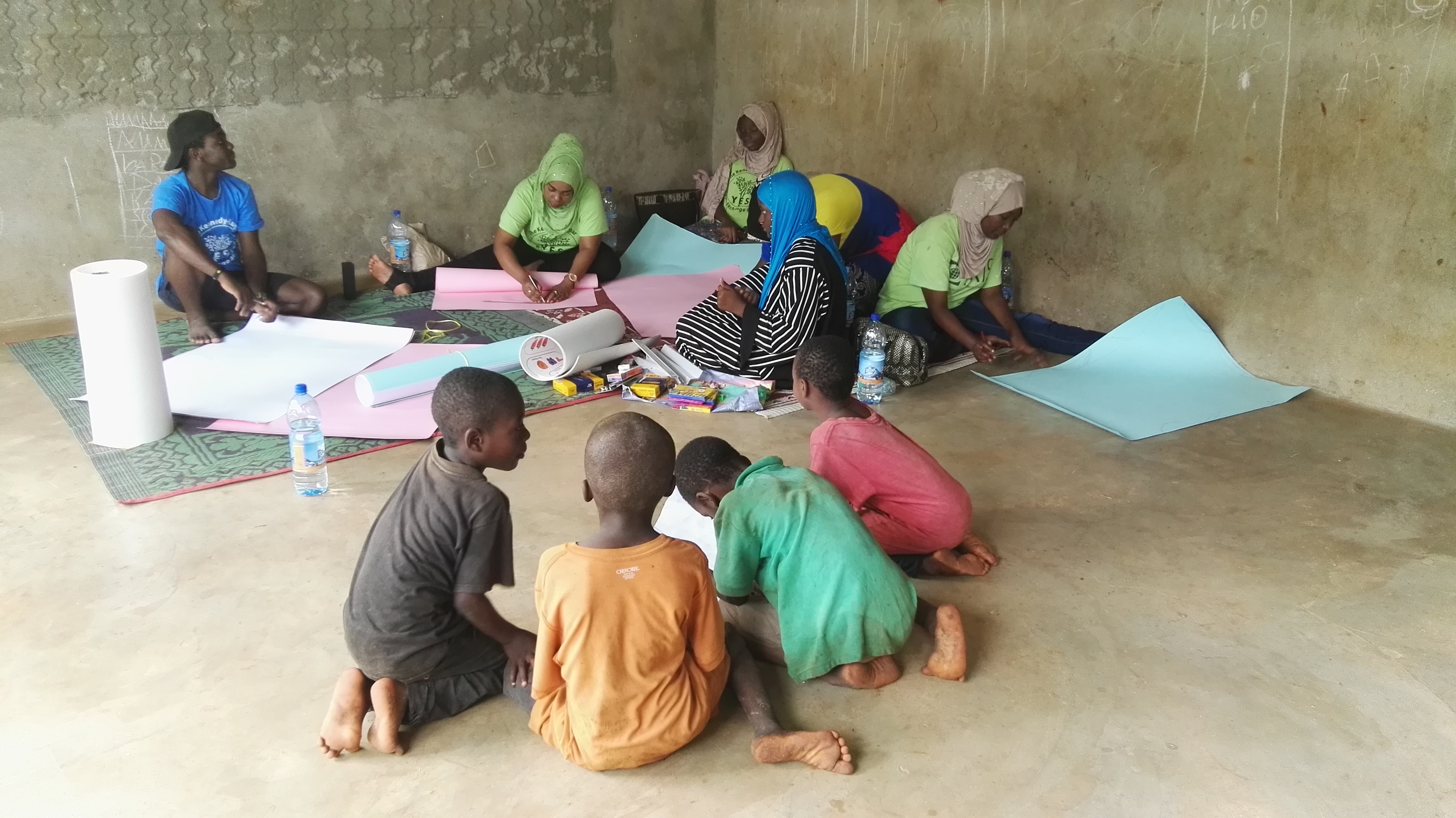
In the village of Chaani Kikobweni, after USAID stopped the program, community members began funding the school’s program. Many appreciated what the program was doing for the children, and saw the positive impacts it had. However, their support for the program wasn’t enough to sustain it, and the community didn’t have the funds to keep it going. Because of this, IRI ended and students became less engaged due to lack of classroom activities.
Though they could not help with funding, Youth Exchange and Study (YES) alumni worked together on March 28, 2018 to develop different learning resources for Kikobweni Nursery in Chaani Kikobweni. Seven Zanzibari alumni got together with three of the school’s four teachers and four students to create 15 posters to hang up in the classrooms. The posters showed everything from the alphabet to numbers, months, and shapes.
The IRI program was successful when it was introduced to the school, but what was even more important was how the program facilitated the interaction between the students and the teachers. Everyone became more engaged and made learning more of an activity.
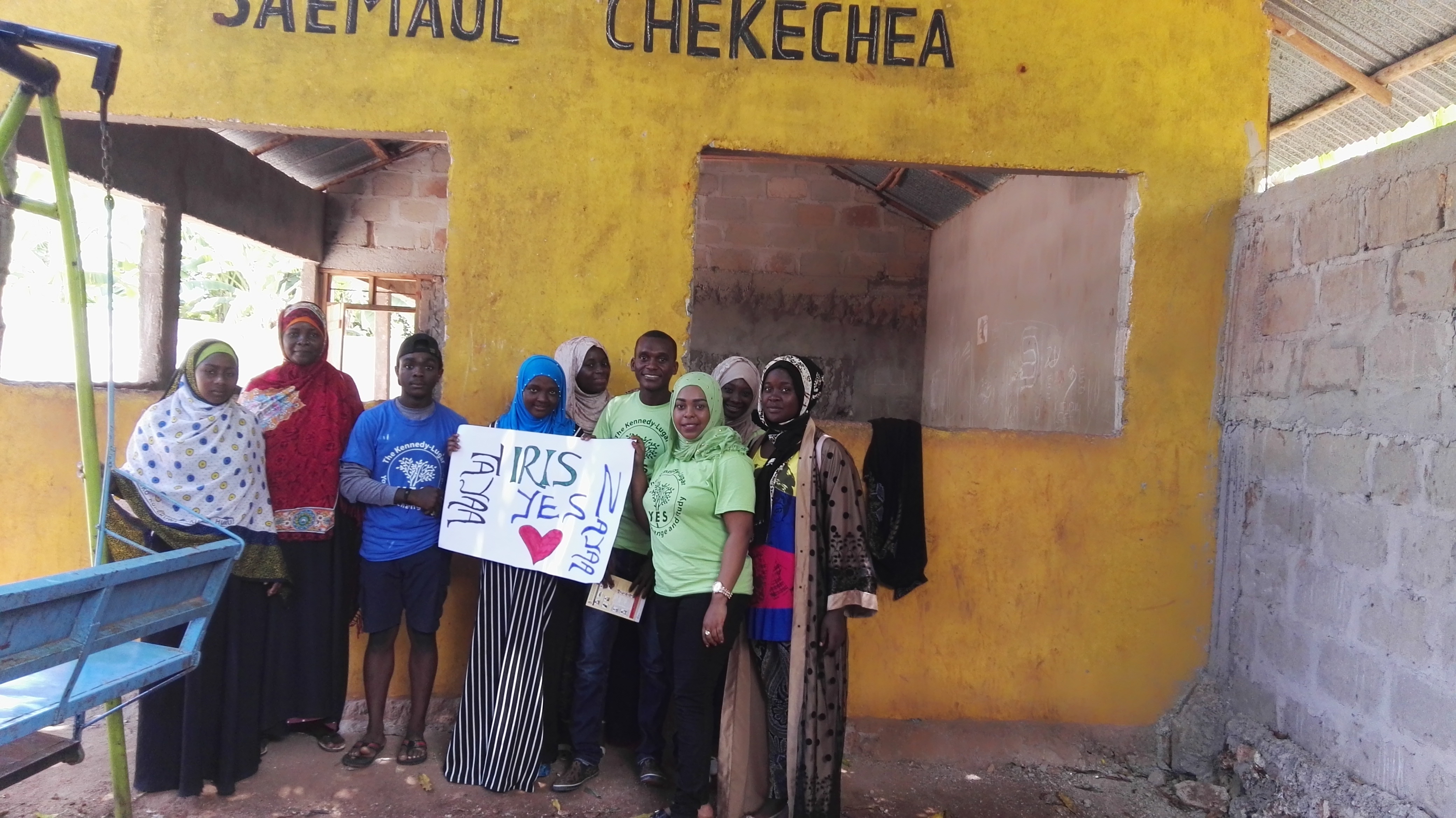
With the creation of different posters to hang along the walls of the schools, YES alumni created a different version of IRI, one even more cost-effective for community members. Similar to the interaction students received from the radio, the posters now give students something to visually and physically interact with.
Knowing more posters might be needed later, YES alumni left all additional supplies with the teachers so they could make more. Nadra Yussuf Salim, one of the alumni involved in the activity, said this was not just a project for the school, but for the community as a whole.
“Without funding from USAID, community members are now trying to keep up with what the program intended, but out of their own pockets,” Narda said. “If the community lacks the money, the school lacks the resources, so we wanted to provide tools for students to get a better education at a lower cost to the community.”
Alumni involved in this project include:
- Nadra Yussuf Salim (YES alumna 2008-2009, Tanzania, hosted in Arcadia, OK by ASPECT)
- Nuru Sijali Idd (YES alumnus 2009-2010, Tanzania, hosted in Corwith, IA by IRIS)
- Khalid Mwalim Juma (YES alumnus 2016-2017, Tanzania, hosted in Minnetonka, MN by AFS)
- Habib Omar (YES alumnus 2009-2010, Tanzania, hosted in Cedar Rapids, IA by IRIS
- Muhaimina Talib Omar (YES 2015-2016, Tanzania, hosted in Toledo, OH by ACES)
- Alawia Khatib (YES amuna 2015-2016, Tanzania, hosted in New Haven, CT by CIEE)
- Asma Salim


